Air Pollution and TfL Finances
Last month a new report commissioned by the Mayor of London was released, outlining the action required to reduce air pollution and cut congestion in the capital. The Mayor is determined that London reaches net zero by 2030, but it requires car traffic in the capital to reduce by 27 per cent if climate change targets are to be met.
More than a third of car trips made by Londoners could be walked in under 25 minutes and two thirds could be cycled in under 20 minutes.
This is an ambitious target, but essential in the eyes of many especially from a congestion perspective. Traffic levels in many parts of London appear, anecdotally, to be back to what they were before the Pandemic, especially at school and commuter times.
Ideas being considered to restrain traffic include:
- Extending the Ultra Low Emission Zone (ULEZ) even further to tackle more of the dirtiest vehicles: extending the current zone beyond the north and south circular roads to cover the whole of Greater London, using the current charge level and emissions standards (this largely impacts cars – coaches and buses of course already have to comply throughout London).
- Modifying the ULEZ by extending it to cover the whole of Greater London as above and also adding a small clean air charge for all but the cleanest vehicles.
- A small clean air charge: a low-level daily charge across all of Greater London for all but the cleanest vehicles to nudge behaviour and reduce the number of short journeys by car;
- Introducing a Greater London boundary charge, which would charge a small fee to non-London registered vehicles entering Greater London, responding to the increase in cars from outside London travelling into the city seen in recent years.
These ideas are still being considered but one or more of them are likely to be consulted on in the coming months. The one of most concern for coach and bus operators is the Greater London boundary charge; the implication is that this will be for cars, but the documentation says vehicles. This will be something the UKCOA keeps a close eye on.
And finally, TfL’s funding agreement has been extended for a further two weeks until 18 February 2022. This continues to be a stop / start situation, but allows no long term planning for transport in the capital. Undoubtably some of the schemes mentioned above will raise revenue for TfL but these will not be ready for a year or two yet. In the meantime, something needs to happen now to tackle congestion and allow coaches and buses to run freely in London.
Peter Bradley
Managing Director
UK Coach Operators Association

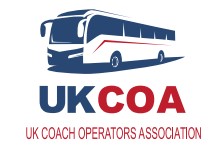
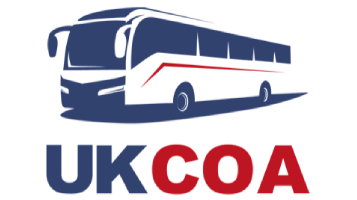

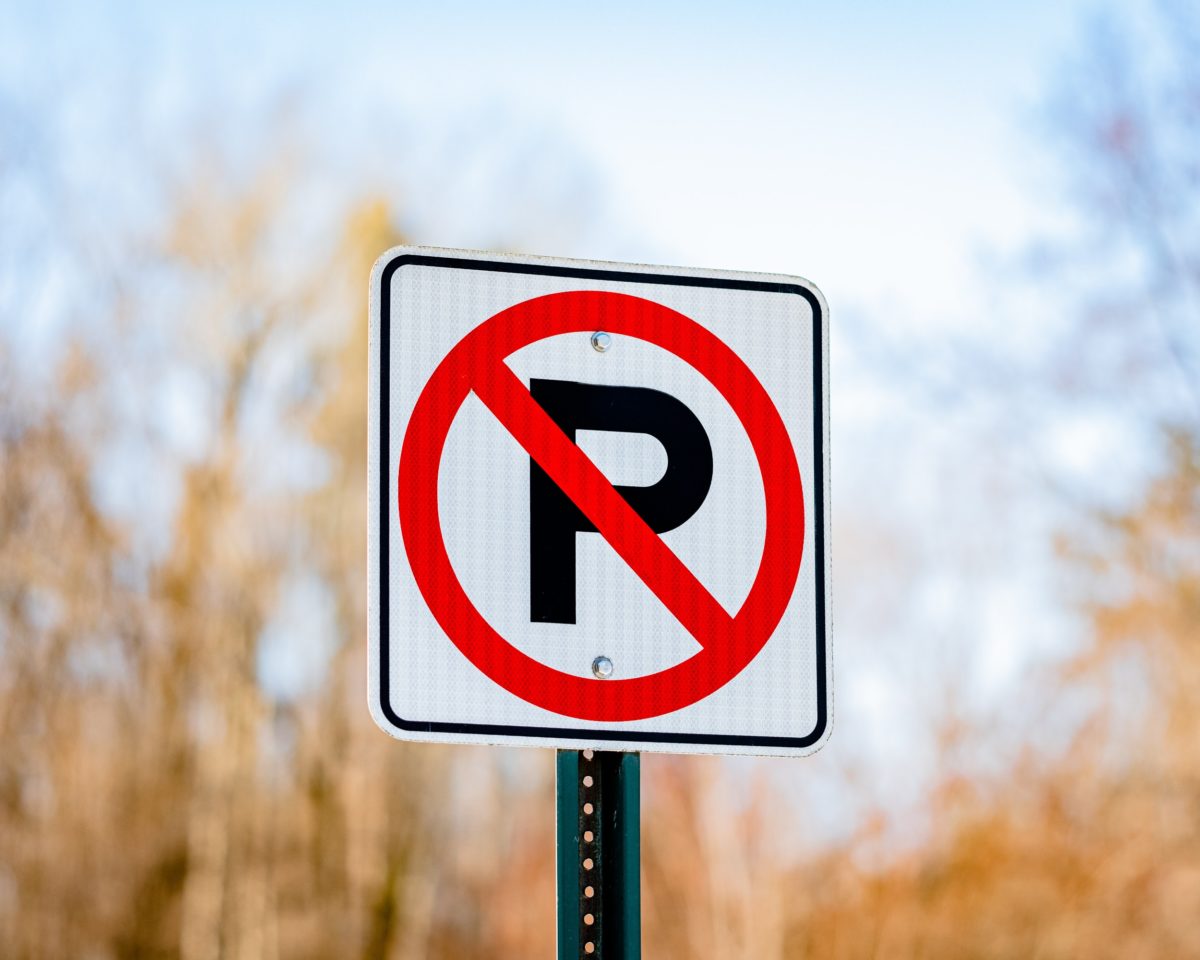
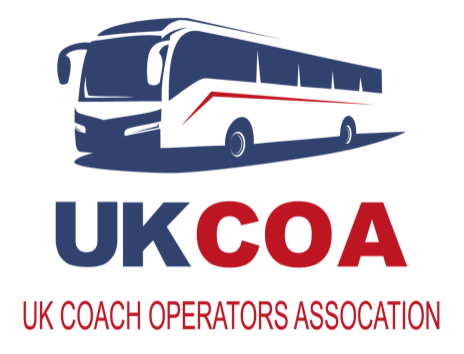

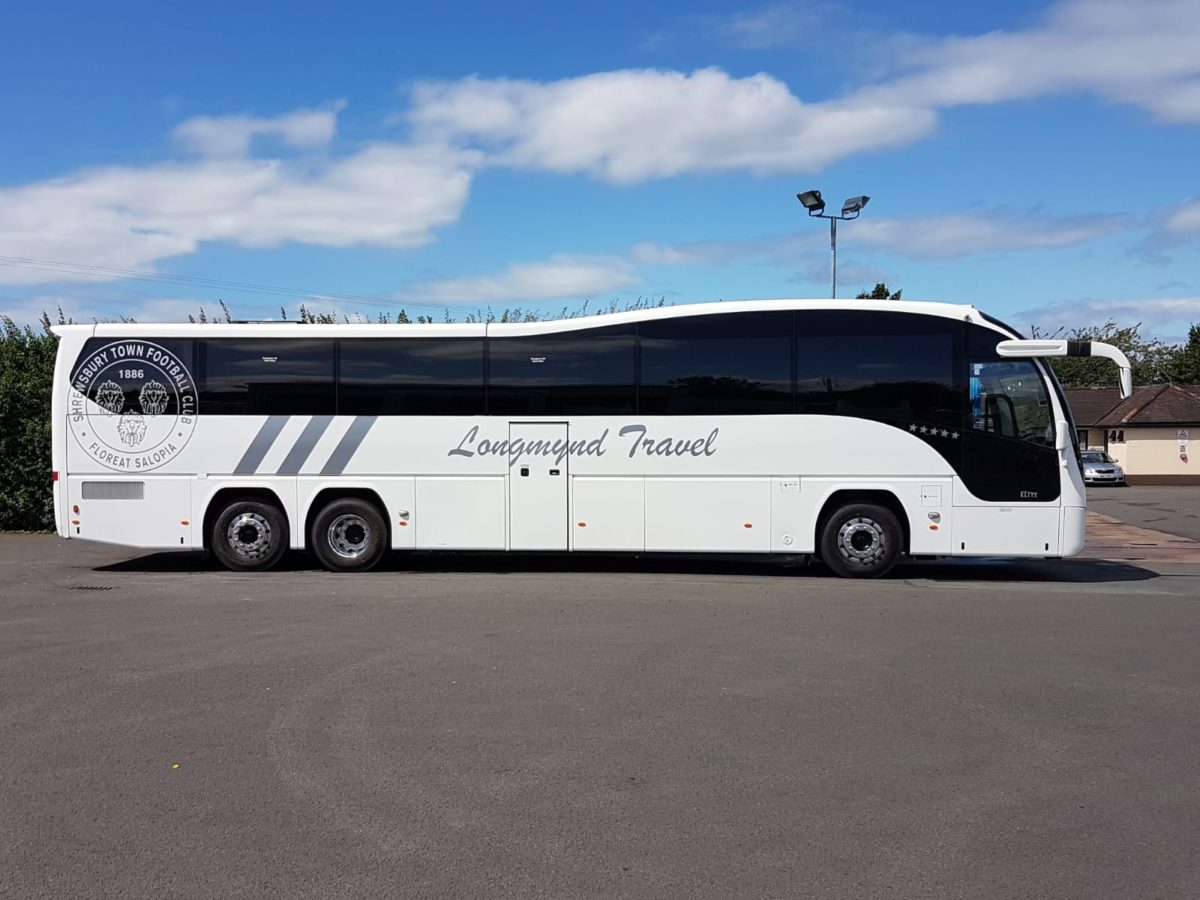
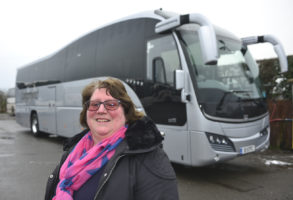 work and this includes school and college routes, sporting events, private hire, corporate hospitality and even a small programme of day excursions. However, one of their specialities is corporate sports work, and the business provide away travel for four football clubs including Shrewsbury Town FC.
work and this includes school and college routes, sporting events, private hire, corporate hospitality and even a small programme of day excursions. However, one of their specialities is corporate sports work, and the business provide away travel for four football clubs including Shrewsbury Town FC. Finally, I asked Val what she was most optimistic about. “The future” she said straight away. “In normal times the phone never seems to stop ringing and we have been very encouraged by the demand for our vehicles for all sorts of work. At the end of the day this is what it is all about”.
Finally, I asked Val what she was most optimistic about. “The future” she said straight away. “In normal times the phone never seems to stop ringing and we have been very encouraged by the demand for our vehicles for all sorts of work. At the end of the day this is what it is all about”.